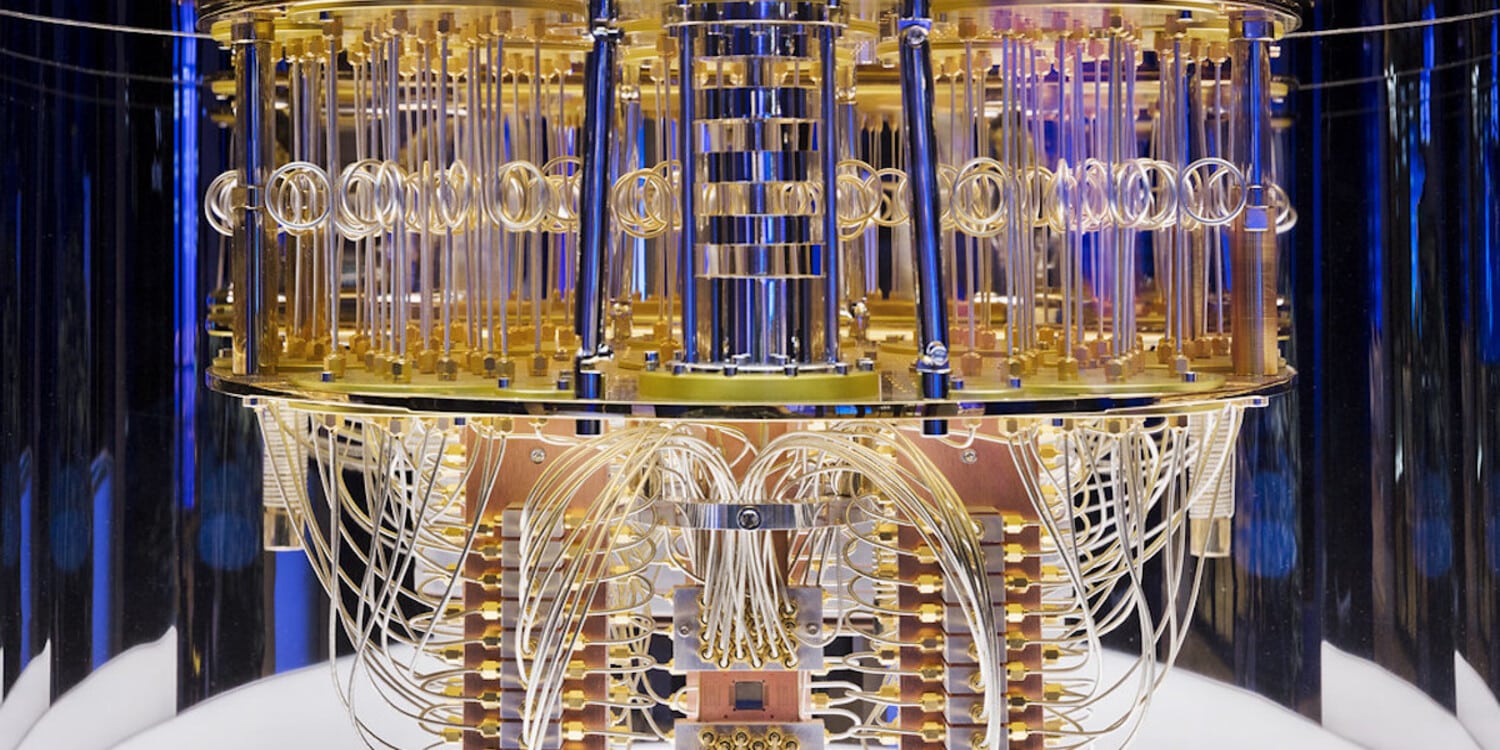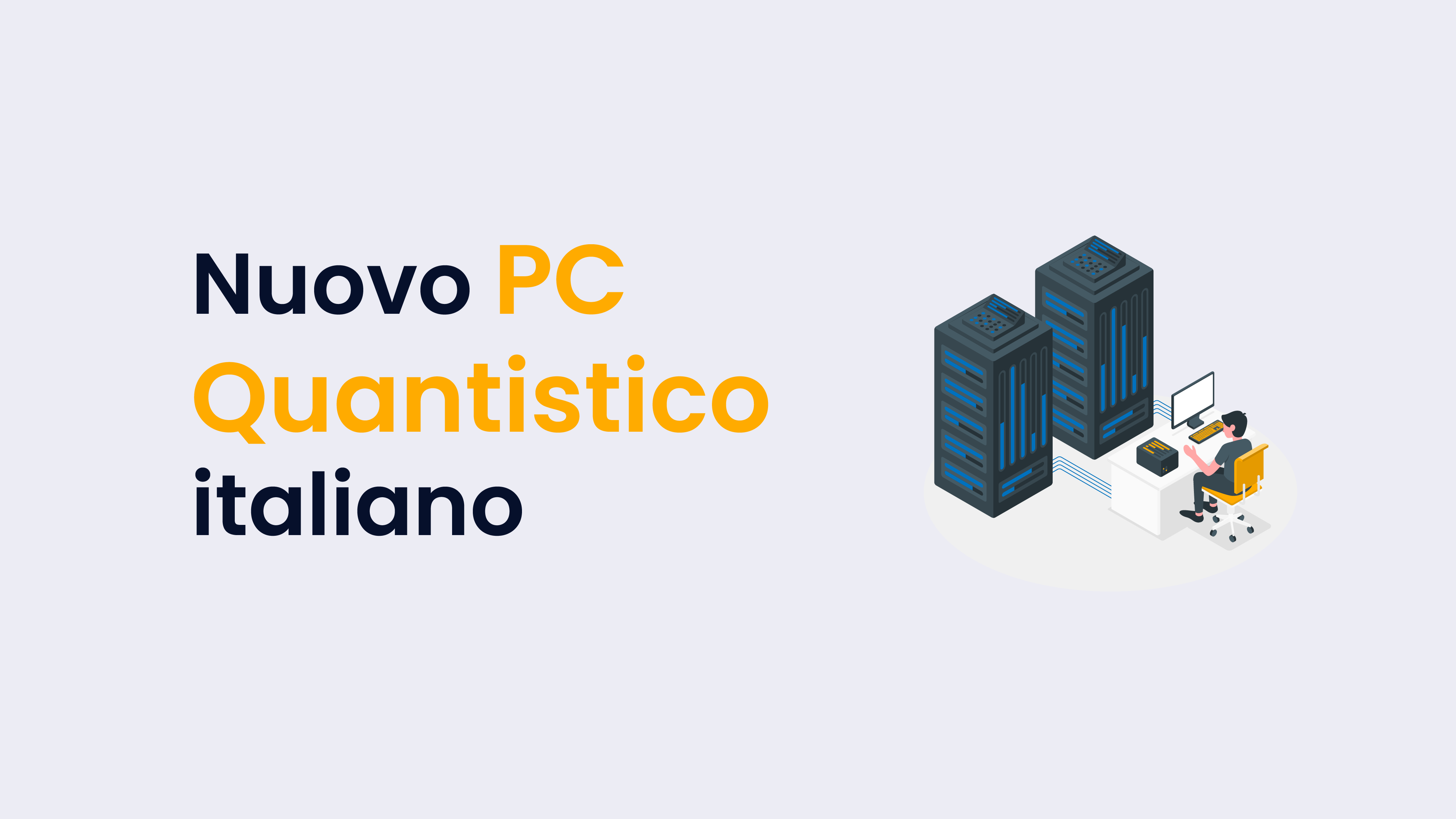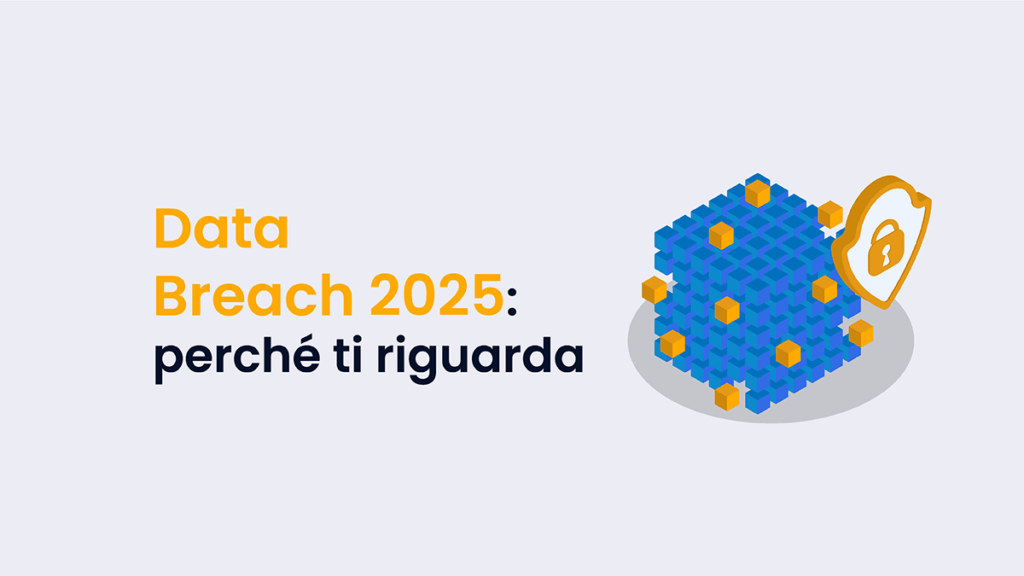L’Università Federico II di Napoli ha inaugurato il primo computer quantistico superconduttivo italiano. Il progetto, finanziato dal Centro Nazionale di Ricerca ICSC con un contributo di 4,5 milioni di euro. Ciò rappresenta una svolta epocale per il progresso tecnologico italiano nel campo del calcolo quantistico. Un settore strategico per il futuro dell’informatica e per altri utilizzi come la chimica e l’IA.
Questo computer quantistico, dotato inizialmente di un processore di 24 qubit, sarà ampliato a 40 qubit entro la fine dell’anno. L’obiettivo è migliorare le capacità di calcolo e promuovere la competitività e l’autonomia nazionale nel settore.
Scopriamo adesso qualche dettaglio su questo nuovo computer quantistico e vediamo che prospettive comporta.

Indice dei contenuti
Dettagli sul computer quantistico
Il computer quantistico dell’Università Federico II è stato progettato e sviluppato con la supervisione di Francesco Tafuri, docente e responsabile del centro di computazione quantistica superconduttiva dell’università.
La costruzione del dispositivo ha coinvolto diversi esperti del settore e ha visto la collaborazione tra accademia e industria. A finanziare il progetto è stato il Centro Nazionale ICSC con un budget totale di circa 20 milioni di euro. Questi fondi sono destinati a supportare lo sviluppo di tecnologie quantistiche in varie università italiane, tra cui quelle di Roma, Firenze e Padova.
Il computer quantistico superconduttivo utilizza circuiti superconduttivi che operano secondo le leggi della meccanica quantistica, permettendo di trasformare queste proprietà in informazione quantistica. Con un processore iniziale di 24 qubit, che sarà ampliato a 40 qubit entro fine anno, il dispositivo rappresenta una delle macchine più potenti attualmente disponibili in Italia. Questo livello di potenza e sofisticazione è essenziale per affrontare problemi complessi che i computer classici non possono risolvere, aprendo nuove frontiere nel calcolo ad alte prestazioni.
Prospettive future
Il dispositivo sarà utilizzato per sviluppare applicazioni che sfruttano la potenza del calcolo quantistico per risolvere problemi attualmente irrisolvibili, migliorare l’hardware e il software per computer quantistici e creare architetture scalabili più grandi e complesse. Questo computer rappresenta un elemento chiave per posizionare l’Italia come leader nel calcolo quantistico.
A livello globale, altri computer quantistici di simile potenza si utilizzano per la ricerca avanzata in settori come la chimica computazionale, l’intelligenza artificiale e l’ottimizzazione complessa, rendendo questa tecnologia indispensabile per il progresso scientifico e tecnologico.
E tu lo sapevi di questo salto avanti?
Le immagini utilizzate in questo articolo sono di proprietà dei rispettivi titolari dei diritti. Se ritieni che una delle immagini violi i tuoi diritti d’autore, ti preghiamo di contattarci per la rimozione immediata.










